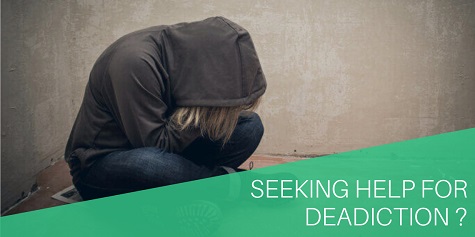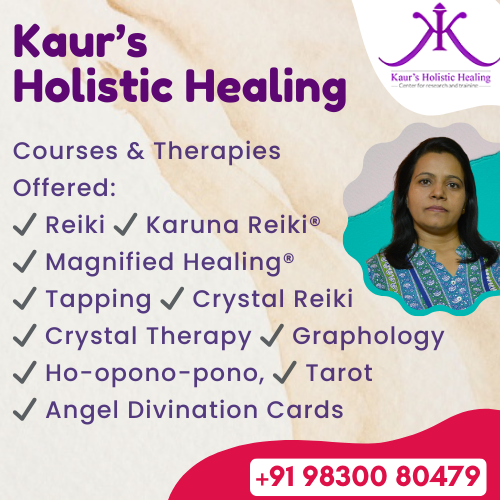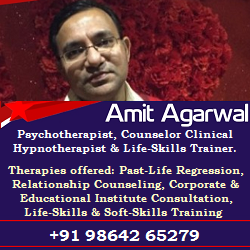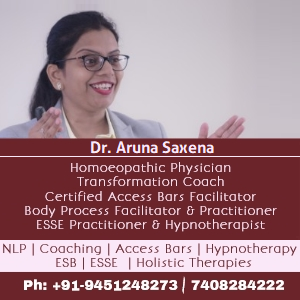Alternative Therapies
- Alternative Medicine
- Access Bars
- Access Body Processes
- Acupressure
- Acupuncture
- Akashic Records
- Ancestral Healing
- Angel Healing
- Aromatherapy
- Aura Reading
- Ayurveda
- Bach Flower Remedies
- Breathwork
- Cosmetic Acupuncture
- Cosmic Connection
- Crystal Healing
- Cupping Therapy
- Emotional Freedom Technique (EFT)
- Energy Healing
- Energy Medicine
- Ergonomics
- Fengshui
- Geopathic Stress Graphology
- Heal Your Life
- Holistic Solutions
- Holy Fire Reiki
- Homeopathy
- Hypnotherapy
- Lama Fera
- Law of Attraction
- Manual Therapy
- Meditation
- Melchizedek Method
- Merlin Trinity Healing
- Motivational Counseling
- Mudra Healing
- Munay - Ki Rites
- Nakshatra Energies
- Naturopathy
- Neuro Linguistic Programming (NLP)
- Numerology
- Panchakarma (Ayurveda)
- Past Life Regression
- Physiotherapy
- Pranic Healing
- Pyramids
- Reiki
- Rudraksh
- Silva Mind Control Method
- Sujok therapy
- Tarot
- Unani Medicine
- Violet Flame Healing
- Yoga
- Wicca
Astro Solutions
General Wellness
- Beauty Clinics
- Behavioural Disorders
- Career Counselling
- Catering
- Child Care
- Cosmetic Dentistry
- Cosmetic Surgery
- Deaddiction
- Dental Care
- Diabetes
- Eye Care
- Fashion
- Fitness
- Hair Treatment
- Health foods
- Health Insurance
- Health Spas & Resorts
- Home Decor
- Infertility
- Lifestyle Management
- Obesity Management
- Parenting
- Personality Development
- Sexual Health
- Skin Care Solutions
- Sports Injury
- Wellness Vacations
- Womens Health
Ms. Anju Saini

Anju Saini acknowledged as internationally known psychic, whose work as a teacher and reader has established her firmly as an expert in many paranormal fields. She has been reading the Tarot from a decade and is considered to be one of the Brilliant Tarot Reader and Counselor, known for an excellent grip over the art of Tarot Cards Reading and trainings, Reiki Healing and Quantum touch classes.

Dr. Jaspal Kaur

Kaur's Holistic Healing Center for Research and Training- Dr. Jaspal Kaur holds qualifications as MD(A.M.), Reiki Grand Master, Karuna Reiki® Master, Handwriting analyst, Master Crystal therapist, Ho-opono-pono therapist, Counselor and consultant, Workshop facilitator, Healer and Alternative Health Practitioner.

Dr. Rita Sethia

Rita has shown great interest in other Alternate Healing Therapies like Art of Living Basic course, Pranic Healing, Angel Therapy, Tarot Reading, Magnified Healing®, Crystal Reiki, Colour Therapy, Aroma Therapy and Karuna Reiki® to name a few.


Amit Agarwal
Amit Agarwal is a highly qualified and experienced counsellor and psychotherapist with an extensive experience of 15 years in the industry His innovative and research led work integrates Mindfulness, Psychotherapy and Mind / Body practices to support individuals, couples and families.

Dr. Aruna Saxena

Dr Aruna Saxena is a certified Trainer, a Master Practitioner of Neuro Linguistic Programming (ABNLP), Life Coach, Hypnotherapist, Access Bars Facilitator and ESSE Practitioner. Dr Aruna is regularly conducting NLP & Hypnosis based programs viz. NLP for Business, NLP for Parenting, NLP for Teachers, NLP for Teenagers, NLP for Therapists, NLP for Personality Development, etc....


Drug abuse and dependence can be treated with levels of success comparable to those for other chronic conditions. Similarly to chronic diseases, such as diabetes or hypertension, the use of a combination of approaches (medications, behavioural changes, and health care for physical and psychological symptoms) during appropriate periods of time is needed to suit each individual's needs and the severity of the problem at different stages of recovery.
There are many types of services for drug users that may be linked to provide a 'continuum of care'. If there is integration between different interventions, clients are more likely to progress and move smoothly from one programme to another to become, and remain, drug-free.
Types of interventions
Early/brief interventions
Early/brief interventions are designed to prevent the progression to problematic drug use by detecting persons who are using drugs in a potentially hazardous manner and helping them to stop or decrease use. This is best carried out within the primary care system by general practitioners, nurses and community workers.
Outreach, harm reduction and low-threshold interventions
Outreach, harm reduction and low-threshold interventions aim to reach drug users, build trust, provide basic living support, prevent or reduce negative health consequences associated with certain behaviours, and initiate a therapeutic process whenever the person is ready for it, without setting abstinence as an initial condition. In relation to drug injecting, "harm reduction" components of comprehensive interventions aim to prevent transmission of HIV and other infections that occur through the sharing of non-sterile injection equipment and drug preparations.
Detoxification
Detoxification programmes help a person who is dependent on a psychoactive substance to cease use in a way that minimizes the symptoms of withdrawal and the risk of complications, sometimes using a prescribed medication. Detoxification alone has limited effectiveness and should be considered the starting point for other treatment interventions aimed at abstinence.
Counselling and psychotherapy
Counselling and psychotherapy form integral parts of most forms of treatment. They aim at initiating and maintaining behavioural and lifestyle changes, and help to control urges to use illicit substances. Counselling is an intensive interpersonal process concerned with assisting people in achieving their goals or functioning more effectively. It uses a variety of methodologies and techniques, including motivational interventions, cognitive-behavioural approaches (social skills training, stress management, anger management),relapse prevention, provision of incentives, community reinforcement therapies and family interventions. Psychotherapy is generally a longer-term process concerned with reconstruction of the person and larger changes in more fundamental psychological attributes, such as personality structure.
Pharmacotherapy
Pharmacotherapy involves the use of prescribed medications to support the patient in stabilizing his/her life and reducing or eliminating the use of a particular illicit substance. Two main types of pharmacological agents are administered for these purposes: substitution drugs, which are pharmacologically related to the drug producing dependence; and blocking agents, which do not have any psychotropic effects and block the effects of the substance(s) producing dependence.
Pharmacotherapies are often accompanied by psychological and other treatment.
Self help Self help approaches aim at abstinence from alcohol and other drugs and are mostly organized around the 12-step programme of Alcoholics Anonymous (AA) or adaptations of that programme.
These programmes involve admitting one is powerless over one's drinking/drug taking and over one's life because of drinking/ drug taking, turning one's life over to a 'higher power', making a moral inventory and amends for past wrongs, and offering to help other people with addiction problems.
Ancillary health and social services. Many patients also require other services, such as medical and mental health services, vocational training, employment and housing support, and legal advice.
Continuing care/aftercare
As the patient progresses, the intensity of treatment decreases and the final part of treatment entails continuing individual and group support in order to prevent a return to substance use. Full rehabilitation and reintegration requires efforts at all levels of society.
Treatment Setting
Depending on the individual needs and problem severity, treatment interventions will take place in one of the following settings:
Community-based treatment is in a non-residential setting. Outpatient treatments (day attendance based services provided from a hospital) are often bracketed by community-based treatments. Examples of community-based treatments are opioid substitution programmes, counselling programmes and aftercare services.
Residential treatment
Residential treatment programmes provide residential services on the same site as treatment services. The programmes generally strive to provide an environment free of substance abuse, with an expectation for compliance in a number of activities such as detoxification, assessment, information/education, counselling, group work, vocational training, and the development or recovery of social and lifeskills. Two main types of residential treatment are available: shorter term residential therapy (less than six months, including detoxification) and residential therapeutic community treatment (typically six to 12 months post-detoxification). Therapeutic communities are highly structured programmes focusing on the resocialization of the patient to a drug-free lifestyle, using the programme's community as an active ingredient of treatment.
Institutional treatment
Institutional treatment, meaning drug treatment programmes in correctional institutions, can provide similar services to those available in the community with the aims ranging from a reduction of the health consequences, including HIV/ AIDS transmission, to the elimination of drug abuse and a reduction of criminal behaviours. The most successful programmes link to community-based programmes that continue treatment when the client returns to the community.







